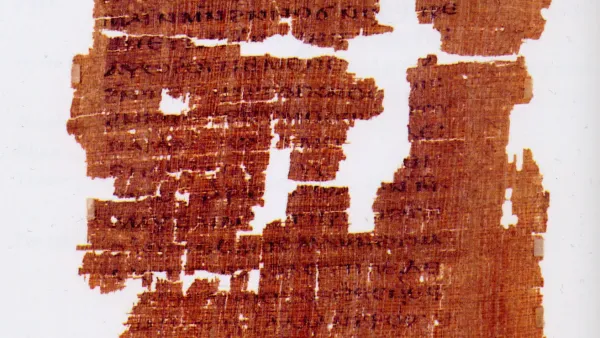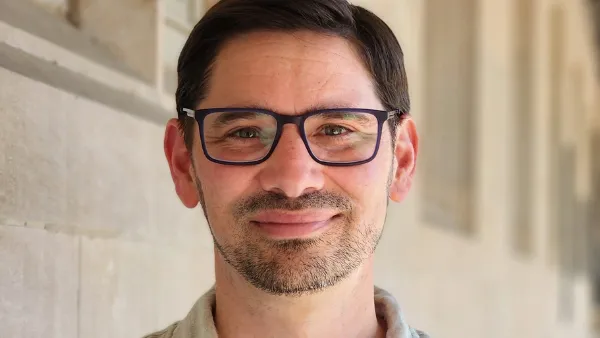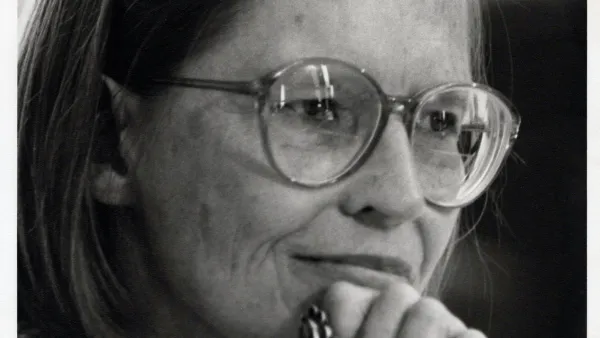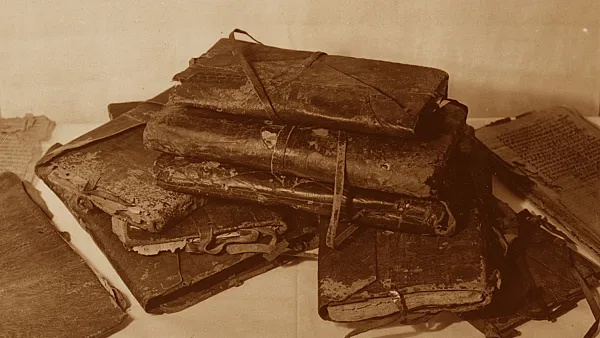Selected Publications
Books
The Monastic Origins of the Nag Hammadi Codices, co-authored with Hugo Lundhaug. Studies and Texts in Antiquity and Christianity 97. Mohr Siebeck, 2015.
The Gospel of Judas: Coptic Text, Translation, and Historical Interpretation of the ‘Betrayer’s Gospel.’ Studies and Texts in Antiquity and Christianity 64. Mohr Siebeck, 2011.
Articles and Book Chapters
“The Book of the Foreigner from Codex Tchacos.” Bulletin of the American Society of Papyrologists 57 (2020): 235-76.
“Reading Variants in James and the Apocalypse of James: A Perspective from New Philology.” Pages 55–85 in Snapshots of Evolving Traditions: Jewish and Christian Manuscript Culture, Textual Fluidity, and Material Philology, ed. Liv Ingebord Lied and Hugo Lundhaug. Texte und Untersuchungen zur Geschichte der altchristlichen Literatur. De Gruyter, 2016.
“Recovering Adam’s Lost Glory: Nag Hammadi Codex II in its Egyptian Monastic Environment.” Pages 222–43 in Jewish and Christian Cosmogony, ed. Lance Jenott and Sarit Kattan Gribetz. Mohr Siebeck, 2013.
Translations
“John of Parallos, Homily Against Heretical Books” and “The Investiture of the Archangel Gabriel.” Pages 553-79 in New Testament Apocrypha: More Noncanonical Scriptures, vol. 2, ed. Tony Burke. Eerdmans, 2020.





